Oral health and dental care during pregnancy is just as important as before pregnancy. Because the treatment options are limited during pregnancy if there is no emergency, it is better to avoid any intervention. In a healthy mouth, brushing and flossing twice a day during pregnancy, i.e. normal oral hygiene is sufficient. I recommend that you complete your dental examination and the necessary treatments before your pregnancy. Your existing dental problems in this process can progress rapidly and this can lead to results such as tooth loss. There is an old tale that tells a woman to expect a lost tooth for every baby is, of course, false. People think this way because the problems of pregnant women who have unhealthy teeth and gums are accelerated during pregnancy and in some cases have serious consequences.
Shifts in hormones during pregnancy may also affect gums. Pregnant women who have gum problems and do not pay attention to adequate hygiene may develop gingivitis, and even pregnancy tumours! In advanced cases, there is a risk that pregnancies will result in premature birth or miscarriage. Therefore, oral hygiene habits should be obtained before pregnancy and all dental problems should be treated before pregnancy.
In particular, vomiting, which is frequently seen in the first months of carriage, affects the teeth negatively. This acidic environment causes wear, tenderness and decay in the teeth. After vomiting, brushing the teeth immediately increases the wear. So, you should rinse your mouth with water. You can brush your teeth after half an hour.
Which dental treatments are safe while pregnant?
Dentists and obstetricians recommend postponing dental treatment until birth, except emergency situations. For example, if you are interested in aesthetic practices such as tooth whitening or porcelain laminate veneers, you should wait until your baby is born. The best period for treatments is the 3th to 6th months of pregnancy. In the first and last trimesters, only emergency dental problems such as caries and canal treatment can be intervened. If you need to take X-rays before treatment, you should wear a protective apron, but it is better not to take X-rays unless necessary. The same applies to anaesthetics and other drugs. But local anaesthesia can be used especially in the 3th to 6th month period.
Dental health during pregnancy
Having your dental checks every 3 months during the 9 month period is important to identify potential problems and take precautions. In planned pregnancies, the problematic wisdom teeth should be eliminated before pregnancy, gum problems should be treated and oral care should be completed with tooth cleaning. Some pregnant women avoid tooth brushing due to bleeding gums or vomiting caused by hormonal problems. Inadequate oral care can cause many problems mentioned above, that’s why you should brush your teeth regularly. Healthy eating during pregnancy is especially important. You may need to change your consumption habits by taking into account the negative effects of acidic beverages and desserts on the teeth.


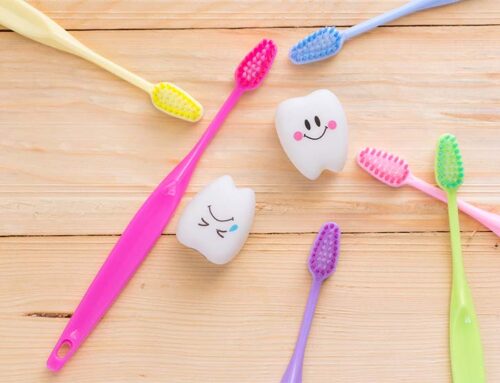
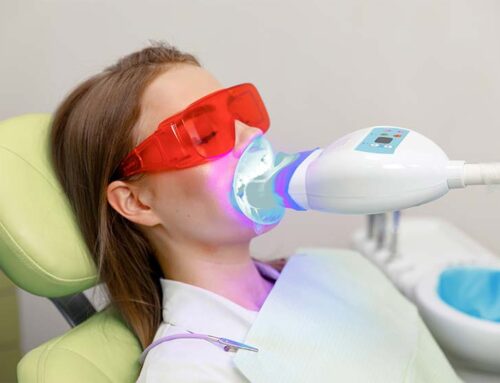
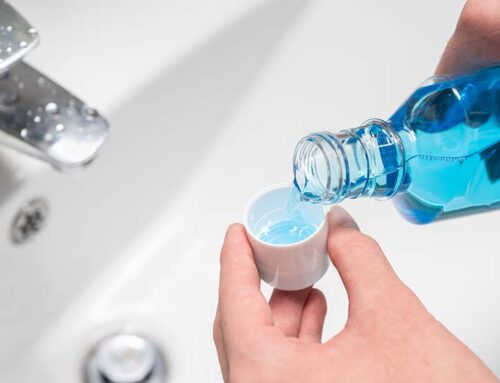
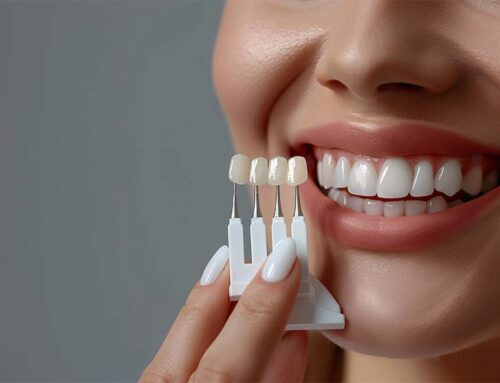
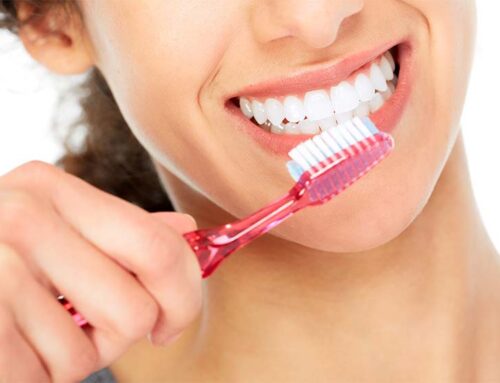
Leave A Comment